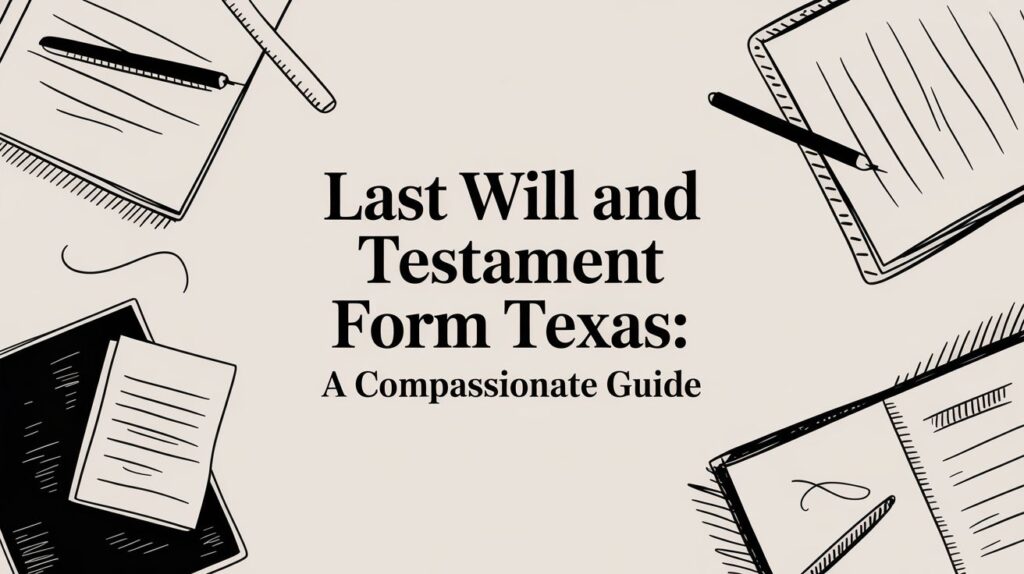Understanding the Importance of Estate Planning in Texas
Estate planning is a crucial process for individuals in Texas, as it ensures that their assets are distributed according to their wishes after they pass away. By creating a comprehensive estate plan, individuals can avoid potential disputes among heirs and minimize the tax burden on their estate.
In Texas, estate planning typically involves drafting a will, establishing trusts, and designating powers of attorney. These legal documents not only dictate asset distribution but also provide guidance on healthcare decisions and financial management in the event of incapacity, making it essential for anyone looking to secure their legacy.
Common Misconceptions About Wills and Trusts
Many people in Texas hold misconceptions regarding the differences between wills and trusts, often believing they serve the same purpose. However, understanding these distinctions is vital for effective estate planning, as each serves unique functions in asset management and distribution.
Wills are public documents that outline how a person's assets will be distributed after death, whereas trusts can provide privacy and may help avoid probate. Trusts can also take effect during a person's lifetime, allowing for more control over assets and their management, which is particularly beneficial for families with minor children or special needs dependents.
Steps to Create an Effective Estate Plan
Creating an effective estate plan involves several key steps that ensure all aspects of a person's wishes are addressed. The process typically begins with assessing one's assets and liabilities, followed by determining how these should be distributed among heirs.
After establishing a clear understanding of one's financial situation, individuals should consult with an estate planning attorney to draft necessary documents such as wills, trusts, and powers of attorney. Regularly reviewing and updating the estate plan is also crucial, especially after significant life events like marriage, divorce, or the birth of a child.
The Role of an Estate Planning Attorney
An estate planning attorney plays a vital role in guiding clients through the complexities of Texas estate law. These legal professionals help individuals understand their options and ensure that their estate plans comply with state regulations.
By working with an experienced attorney, clients can benefit from personalized advice tailored to their unique circumstances. This support can include identifying tax-saving strategies, establishing trusts, and facilitating the probate process, ultimately providing peace of mind for clients and their families.










